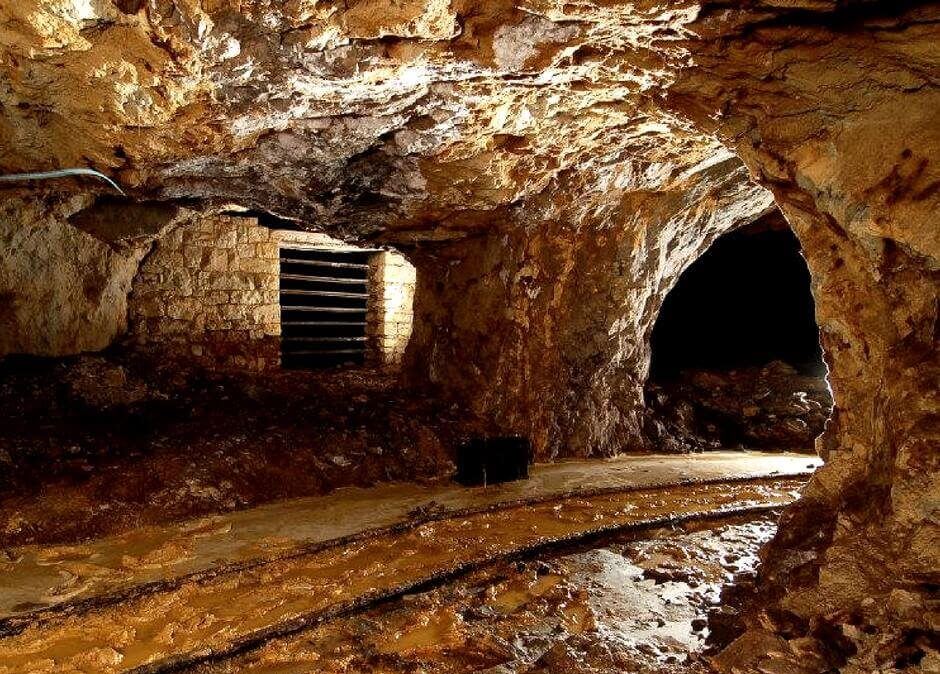
Did the Romans mine Gold in the United Kingdom?
Share
The Romans did mine for gold in the United Kingdom, although it is not clear to what extent they used the "ruina montium" technique, also known as "ruin-mining," as they did in Spain at the Las Medulas mines. The Romans are known to have mined for gold in several locations in the UK, including Wales, Scotland, and England. However, these mines were not as extensive or productive as the Las Medulas mines in Spain, which was one of the largest and most productive gold mines in the Roman Empire.
In Wales, the Romans mined for gold at Dolaucothi, which was a significant gold-mining site during the Roman period. The mine was worked for over 700 years, from the 1st century AD to the 7th century AD, and it is estimated that the Romans extracted around 8,500 kg of gold from the mine during this time. The Dolaucothi mine was worked using a combination of underground and opencast mining methods.

In Scotland, the Romans mined for gold at the Leadhills and Wanlockhead mines, which were located in the Southern Uplands. These mines were also worked during the Roman period, but they were not as extensive as the Dolaucothi mine.
In England, the Romans mined for gold at several locations, including Kent, Devon and Cornwall. However, it is not clear if they used the "ruina montium" technique in these mines, as there is little archaeological evidence to suggest that they did.
Overall, while the Romans did mine for gold in the United Kingdom, it is likely that the mines were not as large or as extensively exploited as the Las Medulas mines in Spain. Additionally, the techniques used in the UK mines were different from the "ruina montium" used in Spain, which was a unique method used to extract gold from the hard rock of the Las Medulas mines.
